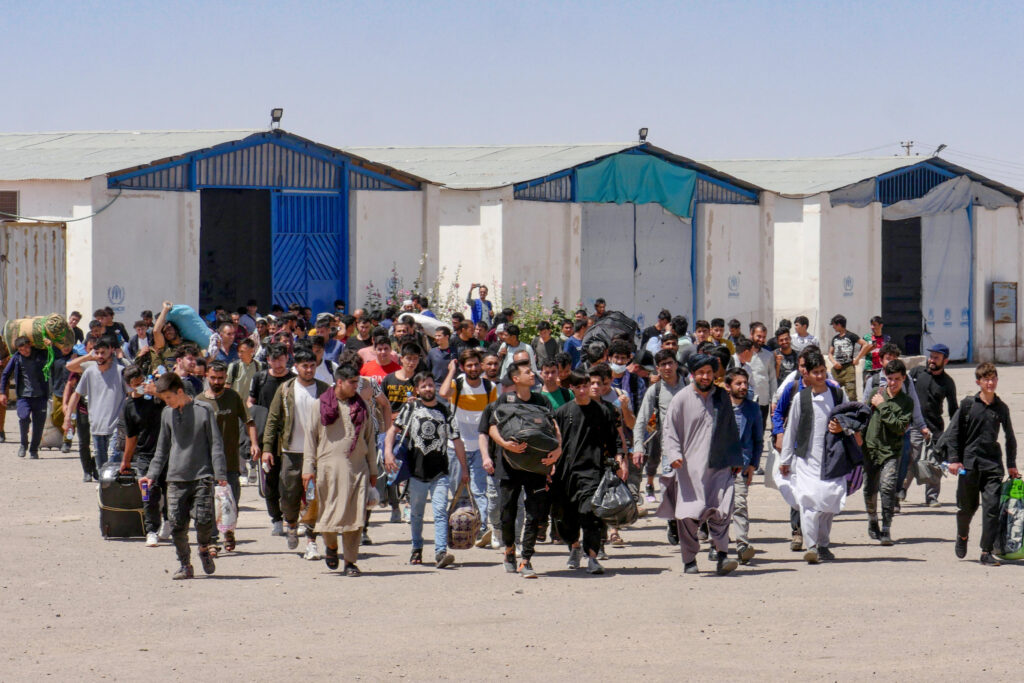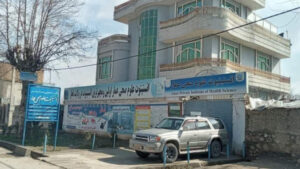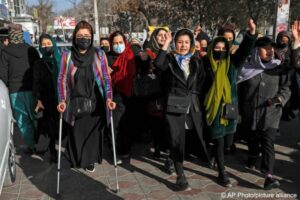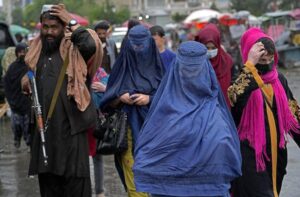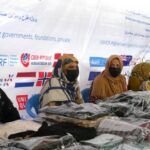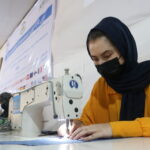Nader Yar Ahmadi, head of the Center for Foreign Nationals and Immigrants Affairs at the Ministry of Interior of the Islamic Republic, stated that the presence of Afghan migrants in Iran should be limited, and that even those who have been in Iran for 40 years are not considered refugees.
Mr. Yar Ahmadi made these remarks during the inauguration ceremony of the Foreign Nationals Organization Center in Kerman, where he discussed the population of Afghan migrants.
This Iranian official claimed that the norm worldwide is that foreign migrants constitute 3% of a country’s population, saying, “We are compared to Germany and the United States, but based on the 3%, we should not have more than 2.7 million foreign nationals.”
Nader Yar Ahmadi emphasized that in Kerman, based on the province’s population, the number of Afghan migrants should not exceed 100,000.
At the same time, Iskander Momeni, the Minister of Interior of the Islamic Republic, stated that Iran does not have the capacity to accept migrants and that the government’s main priority is to expel around two million undocumented migrants.
Mr. Momeni added that these individuals occupy job opportunities and that significant subsidies are currently being allocated to migrants.
This Iranian official stated that they should return to Afghanistan and rebuild their country.
This comes as Iran has intensified the expulsion of undocumented Afghan migrants.
It is also worth mentioning that Pakistan has expelled over one million undocumented Afghan migrants in the past 18 months.
The ongoing expulsion of Afghan migrants from neighboring countries continues amid a lack of job opportunities and imposed restrictions, which have compelled Afghan citizens to migrate.
It is important to note that following the current government’s takeover of Afghanistan, a large number of civil activists, human rights defenders, women’s rights advocates, journalists, sexual minorities, former military personnel, and Afghans who collaborated with foreign forces in Afghanistan have fled to Pakistan and Iran due to fears of retaliation or to process their asylum requests in European and American countries, with some still waiting for their asylum applications to be processed.

